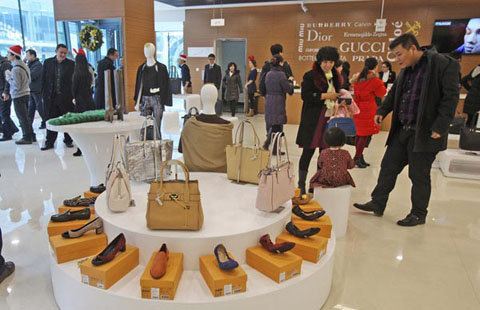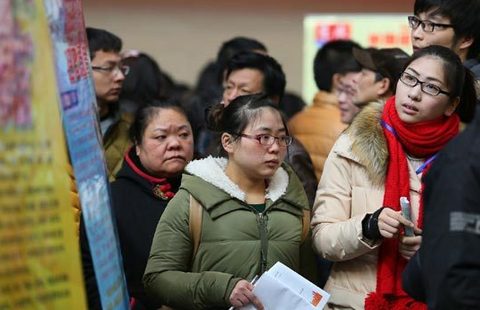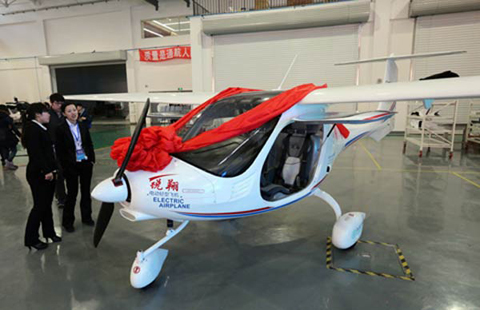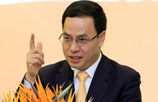Wanda eyes more M&A deals this year
By Xie Yu (China Daily) Updated: 2015-02-11 07:43
 |
|
Wanda Group Co held a news conference in Beijing to announce the purchase of Swiss Sports Group Infront, Feb 10, 2015. [Photo provided to China Daily] |
Wang Jianlin, the self-made Chinese billionaire who made his fortune by building shopping malls, is actively diversifying his assets through global mergers and acquisitions.
"Wanda Group is targeting revenue of 100 billion yuan ($16 billion) by 2020 from its culture business," said Wang, chairman of Wanda Group Co, on Tuesday, at a news conference in Beijing to announce the company's purchase of Swiss Sports Group Infront.
By culture business, Wang was referring to the emerging media and entertainment sector, as Chinese consumers are spending more on "spiritual life" and the nation's leadership stresses reducing reliance on traditional industrial growth like property development.
The company controls the world's second-largest commercial property assets, as well as a fast-expanding entertainment business including the movie-theater chain AMC Entertainment Holdings bought in 2012, theme parks under construction in China, and a Hollywood-style film base in the coastal city of Qingdao in Shandong province.
It seems that Wang is shifting his focus from building shopping malls and office buildings to the entertainment and property integrated businesses.
Wanda's new targets may include Hong Kong-based cash-strapped Asia Television Ltd. Local media said Wang had placed a bid to purchase 10.75 percent stake from ATV's biggest shareholder. If he manages to beat the other three competitors, Wang could buy as much as a 52.4 percent stake and become the controlling shareholder of the company.
Wang did not confirm the development on Tuesday, but said Wanda would "accomplish at least two major M&As this year in the culture industry".
ATV, together with Television Broadcasts Ltd, are the only two competitors in the free-to-air television broadcasting market in Hong Kong. But the former has been beleaguered by a shrinking market share, delayed employee payments and risks losing its free-to-air license as it has no funds to pay the HK$10.2 million ($1.316 million) in overdue license fees and penalties.
- Dalian Wanda shows that it is on the ball
- China's richest man faces strong contenders
- China's Dalian Wanda buys Sydney Harbour property
- Cinemas' IPO may help Wang take back his crown
- Wanda Commercial to introduce 'asset-light' business model
- Wanda says four investors to put $3.9b into 20 new malls
- Wanda, Baidu, Tencent e-com JV raises $161m
- China should be alert to deflation risks
- Record fine to have little impact on Qualcomm
- China's 2014 tourism revenue hits 3.38 trillion
- Ageing China draws investors to its "hot as Internet" healthcare sector
- Tesla CEO threatens firings after dismal China sales
- Auto sales climb 10% in January on demand for SUVs and minivans
- Gains on cards for high-end property sector in Shanghai
- Restaurants' growth accelerates as mass-market outlets thrive

















